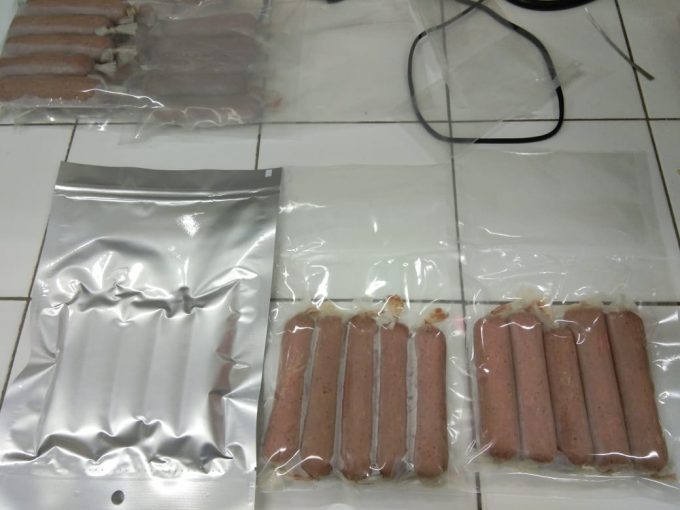
Indonesia is on the ring of fire which is geographically very vulnerable to natural disasters. One problem that is often encountered is the difficulty of distributing logistics to disaster affected areas that are difficult to reach. For this reason, the idea of packaging food that is durable, ASUH (safe, healthy, whole, and halal), inexpensive, highly nutritious, and easily distributed to disaster areas is needed at this time.
“One alternative food packaging that can preserve and maintain the quality of the product at present is retort pouch packaging, which is military plastic packaging that allows food to be easily distributed to affected areas,” said Dr. Ir. Endy Triyannanto, S.Pt., M.Eng., IPM, ASEAN Eng., Lecturer at the Faculty of Animal Science (FAS) UGM when met at the FAS UGM campus, Friday (6/12).
Endy, an expert in animal product-based food packaging, added that the packaging is strong enough to be dropped from a height. Retort packaging is able to maintain a decrease in food nutrition for a long time, which is 6 months-1 year depending on the quality of packaging and food.
“Retort pouches have 4-5 plastic layers that protect food from light, oxygen, and bacteria. Until now, retort packaging is a new opportunity in the field of food packaging in Indonesia, both for disaster and commercial needs,” he explained.
According to Endy, the types of food that are generally distributed to affected areas are instant noodles, biscuits, fresh food, and canned food. This is an evidence that handling logistical needs, especially food, requires new innovations so that people are better prepared to deal with natural disasters. Until now, there have not been many developed processed animal products with retort packaging, it is possible because this technology is only known and there are difficulties in getting retort packaging.
“Some examples of animal-based processed foods currently being developed with retort packaging at the LIPI and FAS UGM are rendang, ambal satay, klathak satay, smoked goat sausage, and kalasan chicken,” he said.
Explained by Endy, until now, food experts in Indonesia have not shifted to the needs of food handling and packaging at the time of the disaster. In fact, this can be an alternative solution to the problem of food packaging for areas affected by natural disasters in Indonesia.
“Innovations in food storage, processing, and distribution will determine the development of disaster management in the industrial era 4.0. In the future, retort packaging will become a new culture of packaging in Indonesia that allows MSMEs to have ready-to-eat products that are ready to be distributed anywhere, including to areas affected by disasters,” said Endy.
